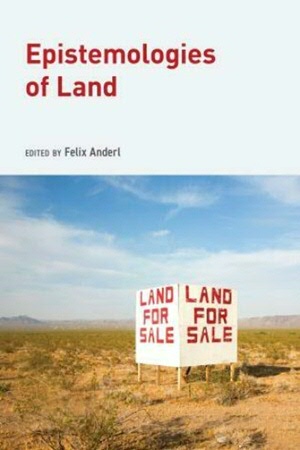Book Launch of 'Epistemologies of Land' at the Centre for Global Knowledge Studies (gloknos)
| When: | Th 08-02-2024 17:15 - 19:00 |
| Where: | Exposition room, Harmonie building |

The gloknos centre invites you to the launch of Epistemologies of Land, edited by Felix Anderl (Marburg) and just published in Open Access by the Centre’s book series on Global Epistemics with Rowman & Littlefield.
More information on the book and the event, including the registration link, are available on the gloknos website.
Abstract
Land is at the centre of crucial public debates ranging from climate adaptation to housing and development, to agriculture and indigenous peoples’ rights. These debates frequently become stuck, though, because the meaning of land in different contexts is poorly understood. Bringing together specialists of epistemology and land, this volume is a landmark contribution to understanding land knowledge as a complex factor in these debates.
Land has been known in astonishingly different ways throughout history, but in recent decades one particular understanding of land as commodity has become increasingly hegemonic globally. This understanding has enormously destructive effects, not only for many people and animals living on and from the land that is increasingly grabbed for extractivist purposes, but also for possible imaginations of how humans can relate to land in the future.
In Epistemologies of Land, scholars reconstruct how the understanding of land has come to be reduced to “land as commodity” historically, what the consequences of this epistemological transformation have been, and what alternative ways of understanding land could help establish intellectually abundant and ecologically sustainable ways of relating to the land we live on. Particularly, the book shows how a change in perspective – thinking society through land – can lay the foundation not only for knowing more about land, but for a different kind of environmental and social knowledge that could recover forgotten wisdom of how humans and animals have historically related to land, and by that transform the ways in which land contributes to our daily life beyond its diminished meaning as an economic resource.
